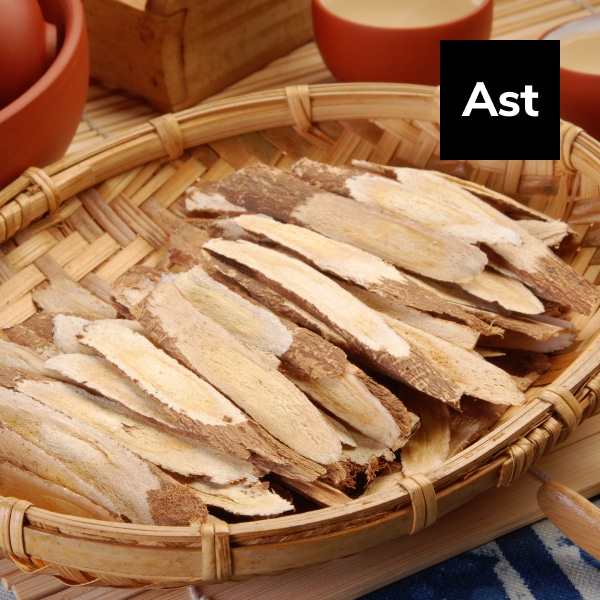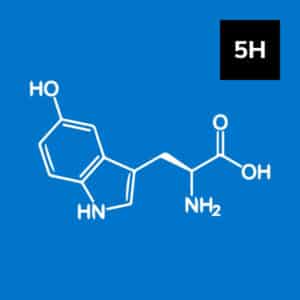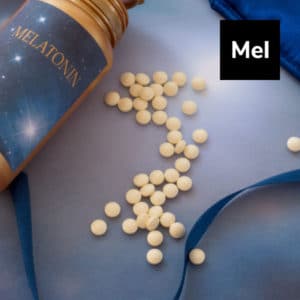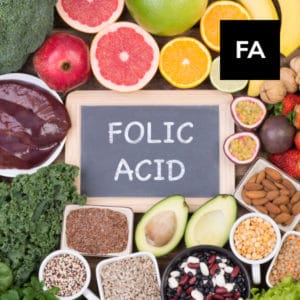Overview
Astragalus is a herb that has a long, proven track record in traditional Chinese medicine. It has many benefits as an anti-aging, anti-inflammatory, and immune-boosting natural medicine. Many of these benefits can be obtained from supplements with astragalus root, which contains most of the key compounds. As an adaptogen, it protects the body from both physical and mental strain.
Key Benefits
- Enhances immune function
- Increases the production of interferon
- Stimulates natural killer cells
- Boosts energy
- Reduces autoimmune response
- Supports cardiovascular health
- Supports healthy lipid levels
- May have a positive effect on blood glucose
- Reduces seasonal allergy symptoms
History of Usage
Native to Mongolia and China, astragalus has been used for thousands of years in China to ward off illness and strengthen the immune system and chi—the building block of all spiritual and physical energy. In spite of the fact that there are over 2,000 varieties of astragalus, the Chinese variety has been thoroughly researched both chemically and pharmacologically. Only two species are typically used in supplements: Astragalus membranaceus and Astragalus mongholicus. The genus was first described in 1753 by Carl Linnaeus in his Species Plantarum. Astragalus is a Greek word that refers to a collection of plants believed to have a beneficial influence on goat milk production.
The USDA’s Plant Introduction Office introduced the herbaceous perennial Astragalus mongholicus (as A. membranaceous) to North America in 1925, and the seed is widely available to herb growers who are interested. To improve germination, scarify the seed and soak it overnight before planting. This will soften the seed coat. In order to help the seed germinate, scrape or nick the outer layer.
Biochemistry
Astragalus has antibacterial, adaptogenic, anti-inflammatory, and antiviral effects. In addition to polysaccharides and flavonoids, it also includes triterpene glycosides and amino acids as well as trace minerals. Polysaccharides, a category of complex sugars that play an important role in triggering the immune response, have a significant impact on health. Alpha and gamma interferons, the body’s own antiviral chemicals that guard against viral invasion, are increased by astragalus.
Astragalus stimulates the production of the body’s own antiviral compounds alpha- and gamma-interferon, which protect against viral invasion.
Astragalus stimulates the creation of the body’s natural antiviral chemicals, alpha- and gamma-interferon, which guard against viral invasion in general.
Recent Trends
With the global worry about SARS viruses, sales of astragalus continue to surge because of the ability to boost immunity and stave off viruses. Astragalus is commonly promoted for upper respiratory health, seasonal allergies, and chronic fatigue.
Astragalus is available in tinctures, capsules, tablets, topical creams, teas, whole root, and in injectable forms for use in hospital or clinical settings in Asian countries.
Precautions
- Pregnant and breastfeeding women should consult with their healthcare professional before taking astragalus.
- When used orally and correctly, astragalus may be considered safe. (Doses up to 60 grams daily for a period of up to four months have been taken without harmful effects being observed.) Oral use may cause redness, irritation, nose symptoms, or stomach discomfort, but these are infrequent.
- Astragalus may interact with immunosuppressive drugs.
- Astragalus should not be taken by individuals who take lithium.
References
- Leung AY, Foster S. Encyclopedia of Common Natural Ingredients Used in Food, Drugs, and Cosmetics, 2d ed. New York: John Wiley & Sons, 1996, 50–3.
- Shu HY. Oriental Materia Medica: A Concise Guide. Palos Verdes, CA: Oriental Healing Arts Press, 1986, 521–3.
- Duke, James A., Ph.D. The Green Pharmacy. Emmaus, PA: Rodale Press, 1997, p. 544
- Yoshida Y, et al. Immunomodulating activity of Chinese medicinal herbs. Intl J Immunopharmacol 1997:19(7):359
- Bratkov VM, Shkondrov AM, Zdraveva PK, Krasteva IN. Flavonoids from the Genus Astragalus: Phytochemistry and Biological Activity. Pharmacogn Rev. 2016;10(19):11-32. doi:10.4103/0973-7847.176550
- Cheng Y, Tang K, Wu S, et al. Astragalus polysaccharides lowers plasma cholesterol through mechanisms distinct from statins. PLoS One. 2011;6(11):e27437.
- Li M, Wang W, Xue J, Gu Y, Lin S. Meta-analysis of the clinical value of Astragalus membranaceus in diabetic nephropathy. J Ethnopharmacol. 2011;133(2):412-9
- Matkovic Z, Zivkovic V, Korica M, Plavec D, Pecanic S, Tudoric N. Efficacy and safety of Astragalus membranaceus in the treatment of patients with seasonal allergic rhinitis. Phytother Res. 2010 Feb;24(2):175-81. doi: 10.1002/ptr.2877. PMID: 19504468.




